Laurie Anderson and Kronos Quartet: Landfall
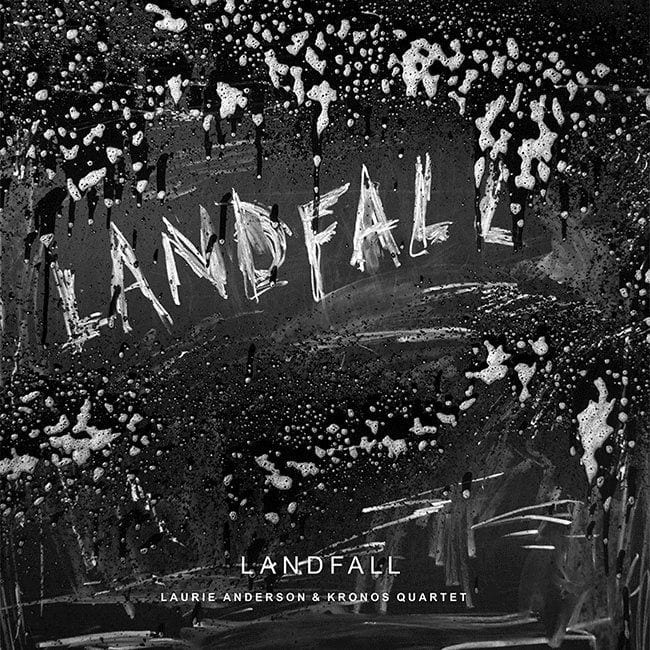
Landfall is an album as much as it is a documentation of devastation and loss. Inspired by Laurie Anderson’s experience with Hurricane Sandy, it develops its narrative through haunting acoustic music, ethereal electronics, and the gravity of Anderson’s unmistakable voice. The record evokes a beautiful sense of unease and confusion that retains a modern nuance and complexity over its episodic 30 tracks. – Andy Jurik
Anna & Elizabeth: The Invisible Comes to Us

Few young folk artists today show such reverence and such overwhelming love for the primary sources. And when Anna & Elizabeth apply effects — the hissing, buzzing and droning — that push the songs out of a comfort zone, they still show incredible respect for the original songs. Noise does not signal distance. If anything, the sonic hums and moans convey an appreciation — they draw increased attention to these long-living words. – Michael Davis
Arctic Monkeys: Tranquility Base Hotel and Casino
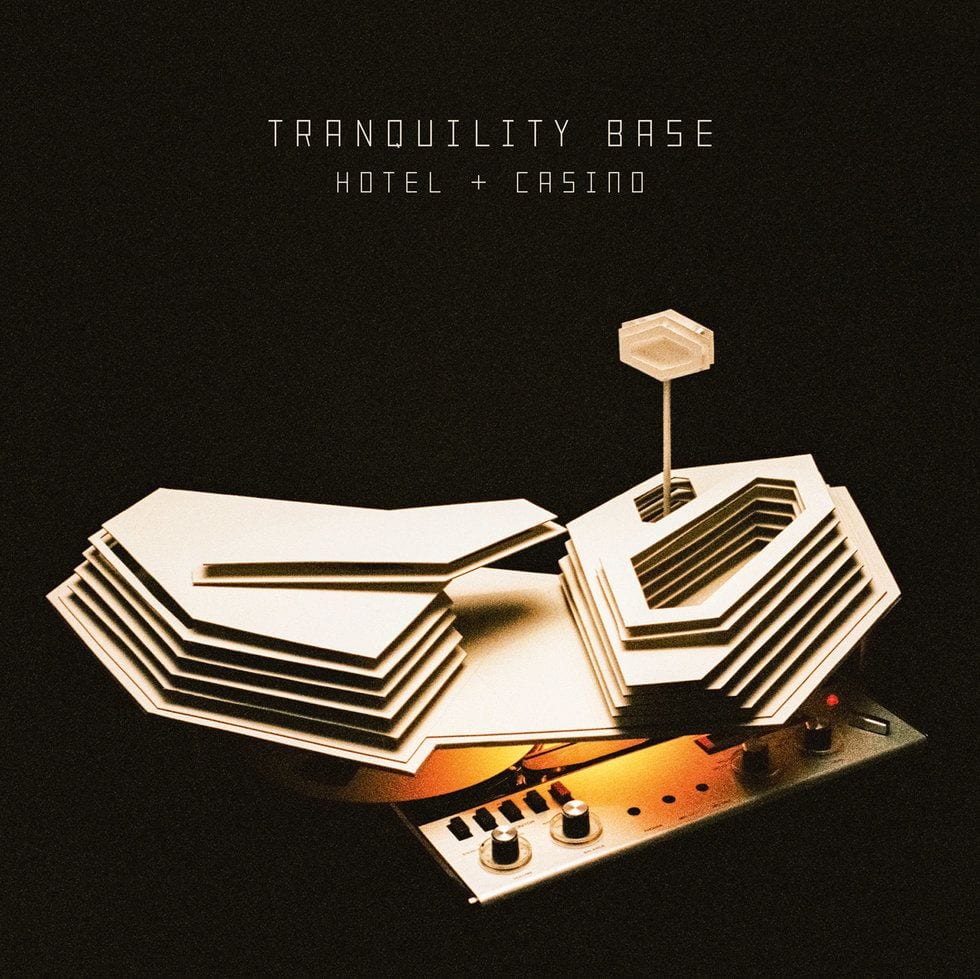
Arctic Monkeys‘ Tranquility Base Hotel and Casino is a loose concept record structured around driving piano, subdued guitar, determinate drums and percussion, and a crooning set of lounge vocals by Alex Turner. The first listen may be surprising, but repeated listens illuminate that Arctic Monkeys remain progressive and energetic even when style and mood shift dramatically. – Richard Driver
Daniel Avery: Song For Alpha
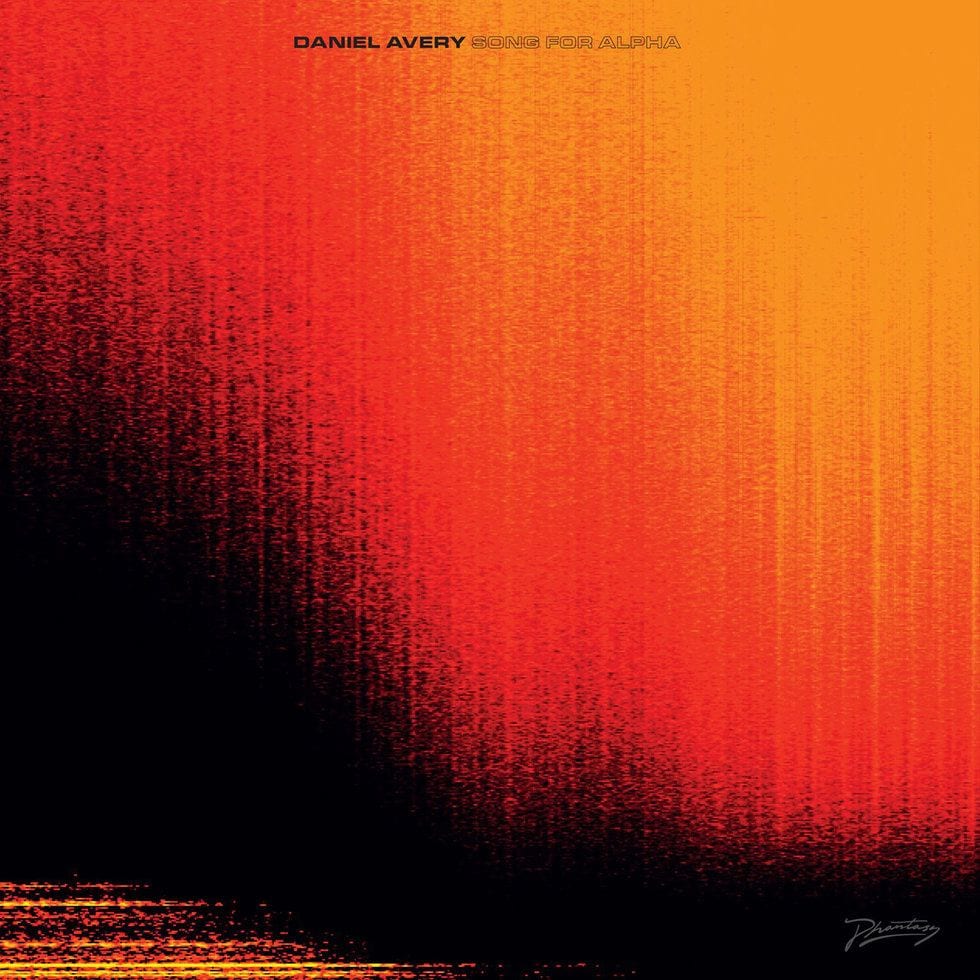
Song For Avery once again shows Daniel Avery deconstructing his various influences and welding them together to achieve something remarkable. The result is a sweeping, majestic album that sends the listener soaring above mountainous peaks or gently brushing the canyon floor, often during the space of a single track. – Paul Carr
Sami Baha: Free For All

For someone who has not been around for that long, Sami Baha displays an uncanny ability for grasping the abstract concepts that surround different musical genres. Free For All feels for the most part as a brilliant hip-hop record and can be experienced as one, but, there is also so much information running beneath the surface. – Spyros Stasis
Benin City: Last Night
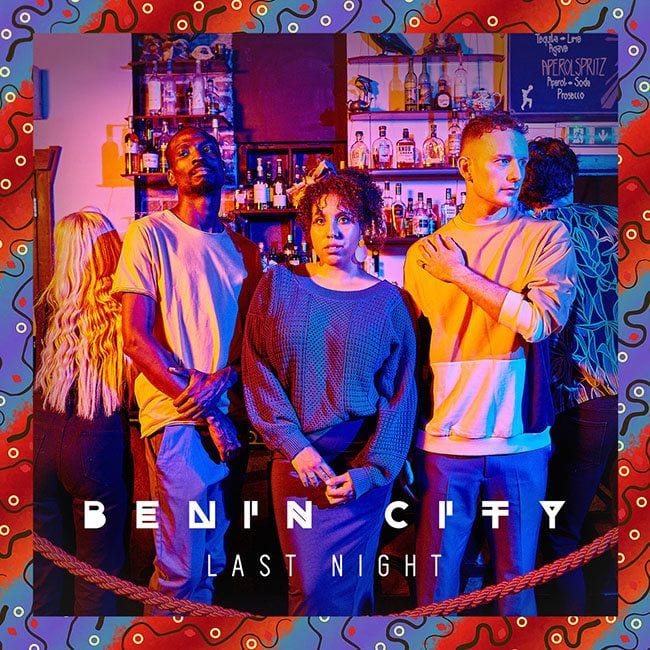
Benin City’s second album Last Night is anything but a downbeat, elegy for the death of the club scene. Vocalists Joshua Idehen, Shanaz Dorsett, and multi-instrumentalist, Tom Leaper offer a celebration of all that the clubs have given. This is a paean to the nightclub in all its lager stained, sticky-floored, sweaty glory. It’s also one of the most accomplished, hook-laden, musically diverse albums of the year. – Paul Carr
Kadhja Bonet: Childqueen
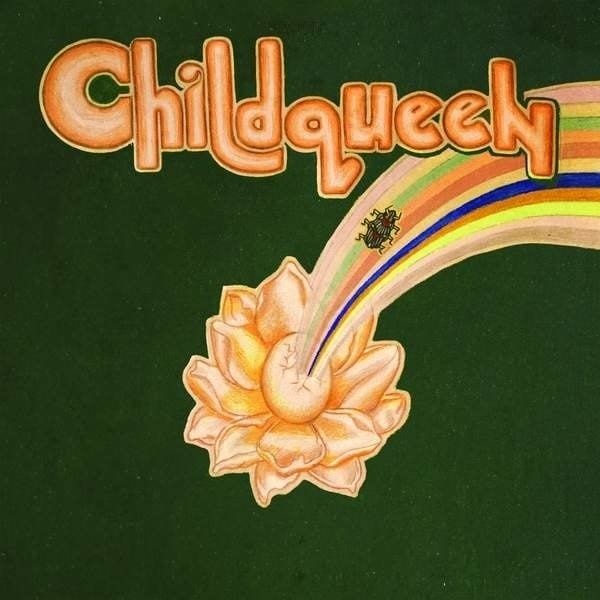
It behooves us not to think of Kadhja Bonet’s sophomore release Childqueen in simplifying terms. There are retro elements to it, hints of gentle psychedelia and jaunts into 1970s funk and soul, but comparing Bonet and her artistic output to anything else misses the point of Childqueen: that Bonet not only is one of a kind but knows exactly how to show it. Her music is incomparable by its nature, and aspirationally so in that its eschewing of rigid schemas and genre conformity allows it to tell us about the extraordinary mind of its maker. – Adriane Pontecorvo
The Breeders: All Nerve

The Breeders‘ All Nerve possesses all of the mysterious tones of Title TK, and the execution is by the same group of musicians that enjoyed mainstream success with the multiple single-spawning Last Splash. One could call it the best of both worlds, but under Kim Deal’s guiding vision, it’s all one world. This album is another confident step into that world. In a year when the Recording Academy President said women must “step up” if they want to be visible in the music industry, the Breeders have released the rock album of the year so far. – Thomas Britt
Cardi B: Invasion of Privacy
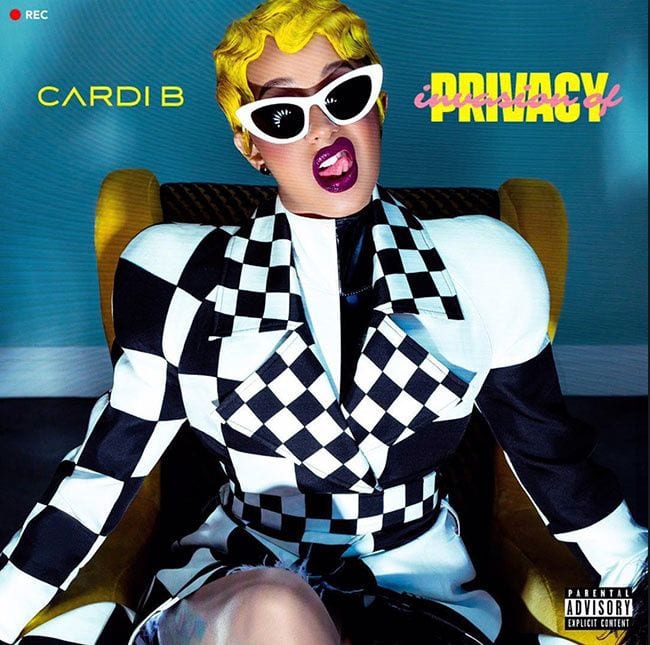
On Invasion of Privacy, Cardi B combines the uncompromising confidence of “Bodak Yellow” with just enough pop appeal to create a no-filler collection that will undoubtedly have a lasting impact. Each track offers something emotionally, lyrically, or musically that would allow it to stand as an individual track, or even better as part of the whole. – Christopher Thiessen
Kyle Craft: Full Circle Nightmare
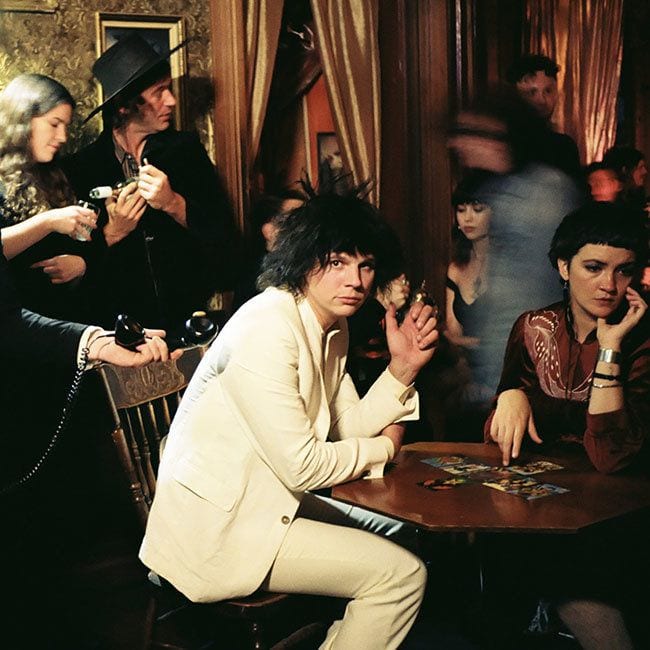
Where Kyle Craft appears most comfortable, obviously, is in a musical timeframe a good 15 to 20 years before he was born. There isn’t a synthesizer, programmed beat or overly processed electric guitar anywhere near Full Circle Nightmare. Kyle Craft – one of the most interesting and talented new artists of the last several years – makes that kind of retro/analog musical journey seem natural and not the least bit contrived. – Chris Ingalls
Darlingside: Extralife
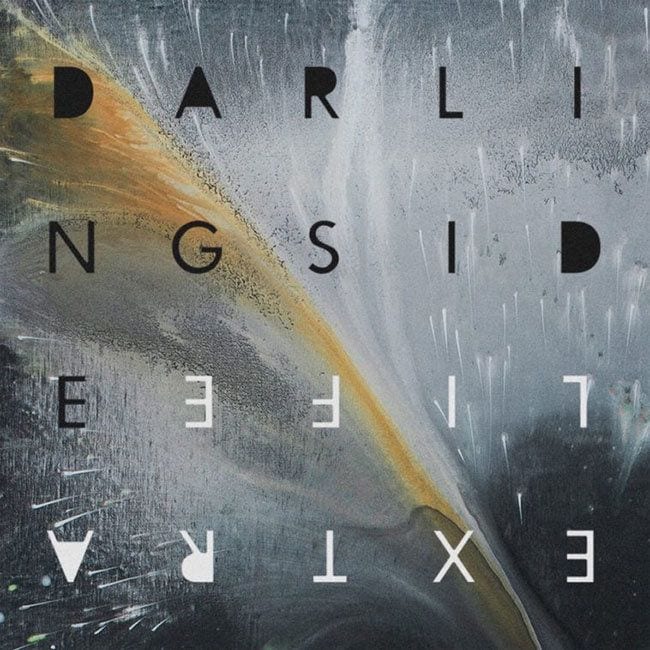
Extralife finds Darlingside facing forward to address the troubled present and uncertainties of future via a unique impressionistic twist: they take the staid simile of life as a video game and ramp it full of apocalyptic anxiety to create something utterly fresh and revelatory. Extralife is a record infused with apocalyptic dread, a collection of campfire sing-alongs for the end of days. As well, it’s an oddly beautiful record, comfortable in its unsettling contemplations and rapturous. – Ed Whitelock
Fatoumata Diawara: Fenfo
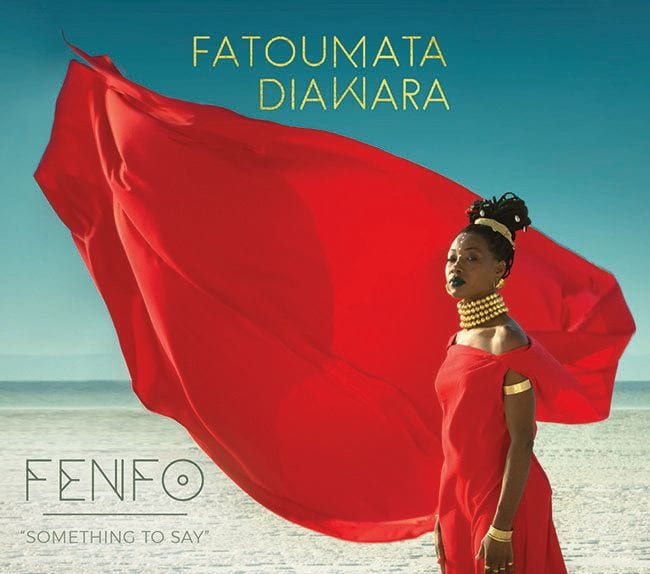
Fatoumata Diawara translates the title of her new album Fenfo as “something to say”. It makes for as accurate a title as she could pick; Diawara holds nothing back as she sings about love, family, tradition, and identity over smooth melodies rich with a variety of strings – kora, ngoni, electric guitar, cello – and crisp, clear beats. Fenfo proves her to be one of the most dynamic voices in Afropop today. – Adriane Pontecorvo
Eartheater: IRISIRI
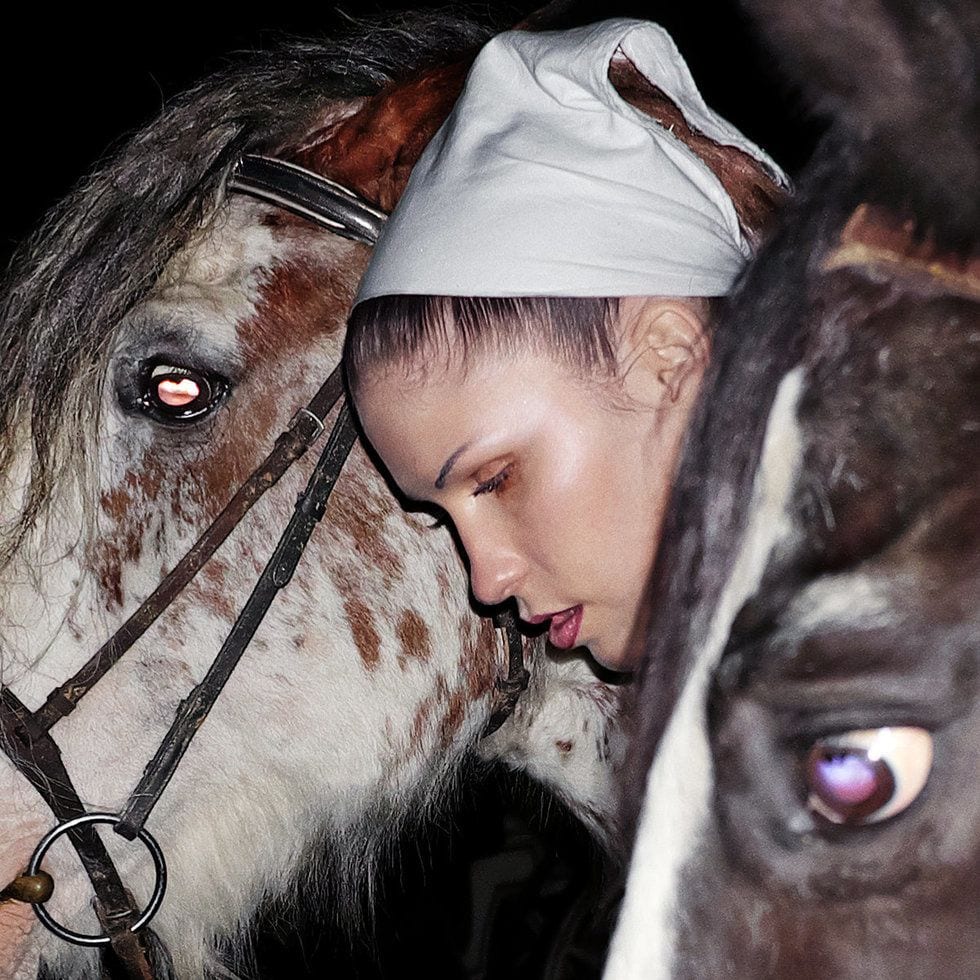
Eartheater’s expansive scope of genre molding still prevails. Using a collage of sounds technique, Drewchin has produced an act that is hard to categorize. Electronic compositions meet noise injections, while her chameleonic vocal delivery enhances classical renditions. – Spyros Stasis
Anderson East: Encore

Anderson East’s voice belongs on a jukebox. Granted, he’s relatively young, but he sounds like the cigarette you swore you wouldn’t smoke after a night of whiskey and long neck bottles. Fair enough, Encore, his second major label release, might be a premature title for someone so early in their career. Still, make no mistake: this all belies the album’s soulful collection of tunes, each one delivered with confidence and poise. – Andy Jurik
Father John Misty: God’s Favorite Customer

Calling God’s Favorite Customer Father John Misty’s “break-up album” is probably not off the mark, but it shouldn’t discourage anyone who was swept up in the epic grandeur of Pure Comedy. This is the same Josh Tillman you’ve known all these years, albeit one who’s shifting gears while retaining both his characteristic wit and his unique way with a melody. – Chris Ingalls
George FitzGerald – All That Must Be
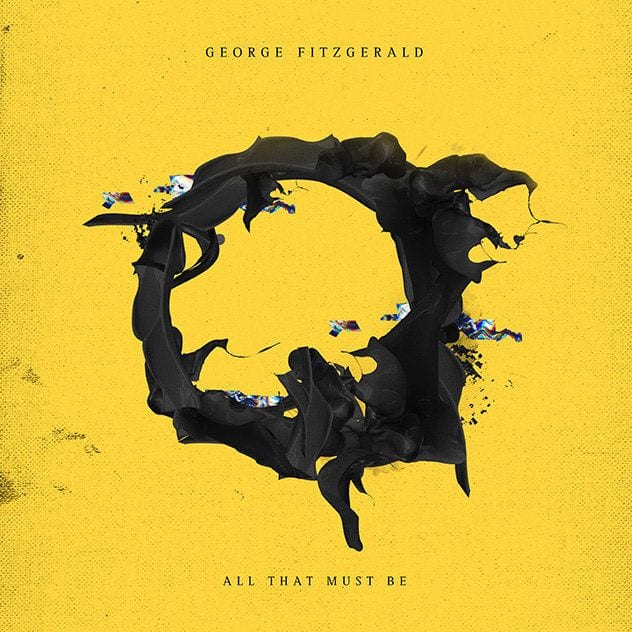
All That Must Be is that rare electronic album that matches musical accomplishment with an emotional pull. There are real depth and soul to the record with the head and heart working in perfect harmony. Musically assured, it sees George FitzGerald draw on his various influences to create something reflective, distinctive and downright stunning. – Paul Carr
Flasher: Constant Image
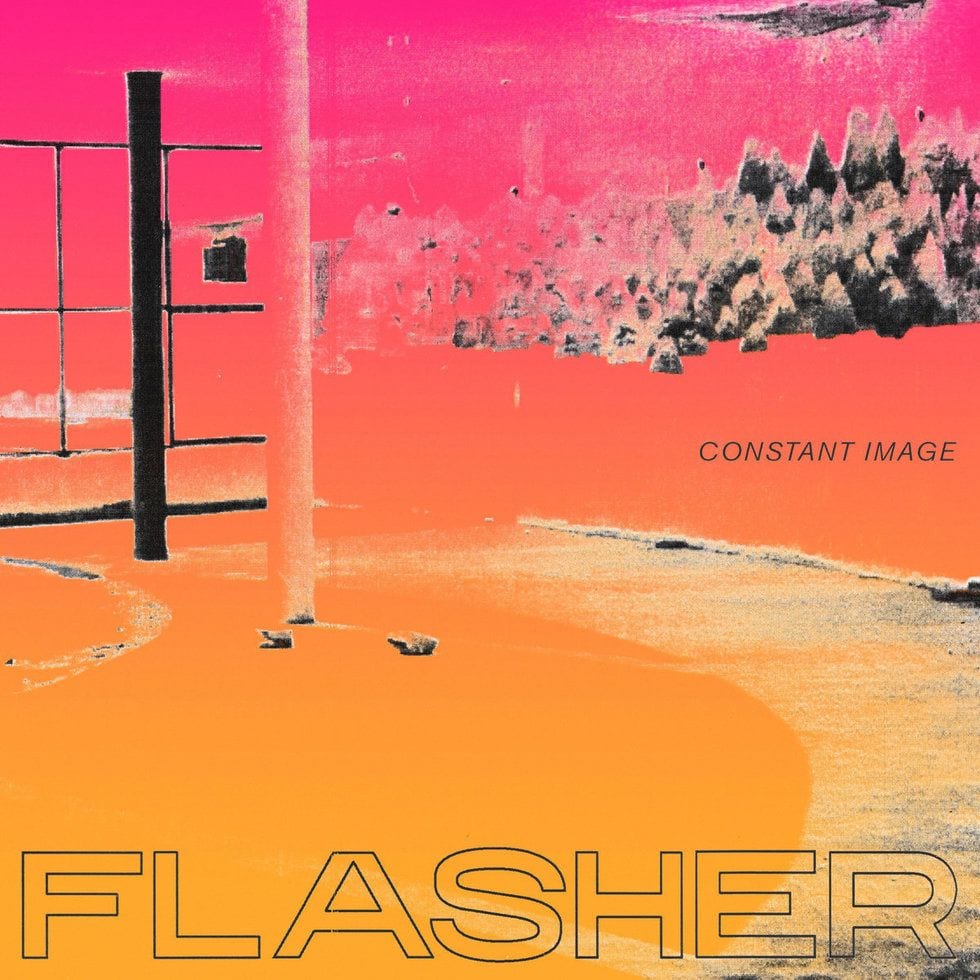
Flasher’s Constant Image is driven by the small liberties we afford ourselves, the ones that make our days better. The things that we’ll remember when the shift is finished. The things that are ours, that provoke a reaction, and that stimulate the senses. The band realize that not everyone is obsessing over the answers to life’s big questions. More likely, the majority of people have similar feelings about their world to the members of Flasher. – Paul Carr
Nils Frahm: All Melody
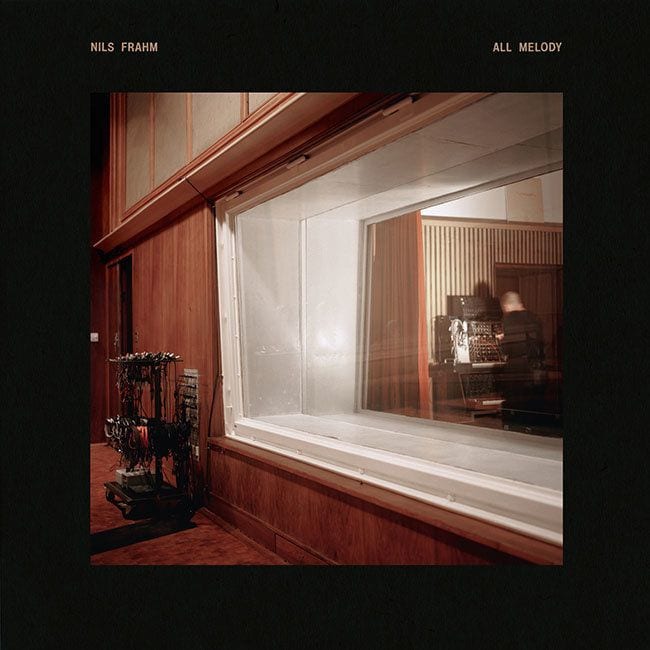
Nils Frahm’s All Melody is as artistic an album as anything Frahm has done before, owing as much to abstract art as classical music. It is influenced as much by the mundanities of everyday life as the complexities of scales and chord sequences. Few artists manage to perfectly marry together such a myriad of disparate and independent ideas. Nevertheless, Frahm teases and disguises sounds to create an evocative and emotional alluring album that remains tantalizingly out of reach. – Paul Carr
Gang Gang Dance: Kazuashita
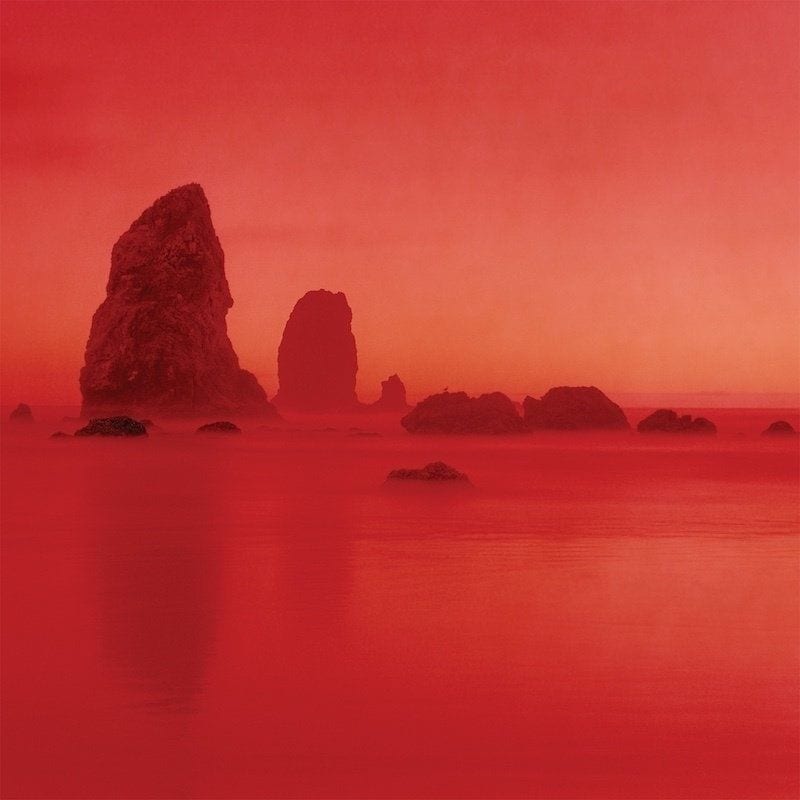
The more introspective stance that Gang Gang Dance take in this instance reveals a much richer and more impressive depth. The relentless energy has given way to a form of meditation, that reveals a sense of peace and tranquility. The exploration that the band performs in this instance, crazy as it might seem, is more substantial and covers more ground, resulting in a monumental release. – Jordan Blum
Gas: Rausch
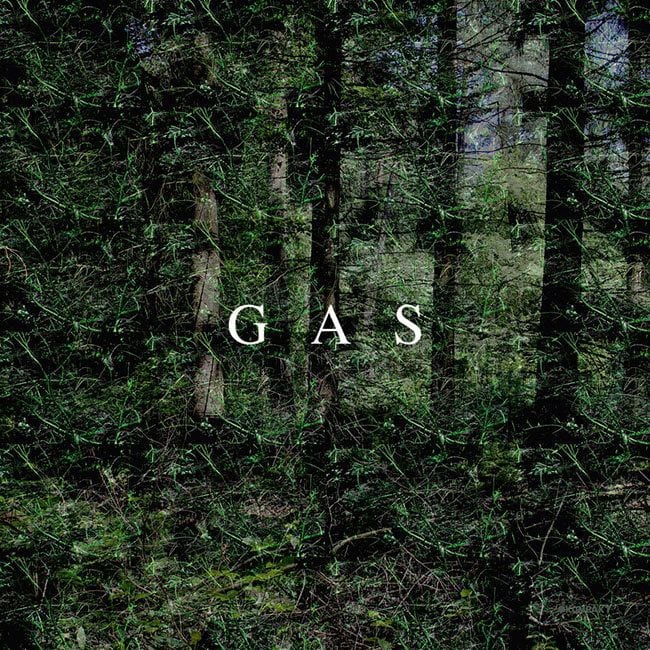
Highs and lows aside, Gas’ Rausch is a marvel, and one of the most engrossing listens in 2018 so far. The richness of previous Gas releases is there, if hidden, and not quite as intimate. It’s music that lives in the liminal spaces and speaks to all the joy and terror that one can find at the boundaries of oneself. – Colin Fitzgerald
Mary Gauthier: Rifles & Rosary Bead
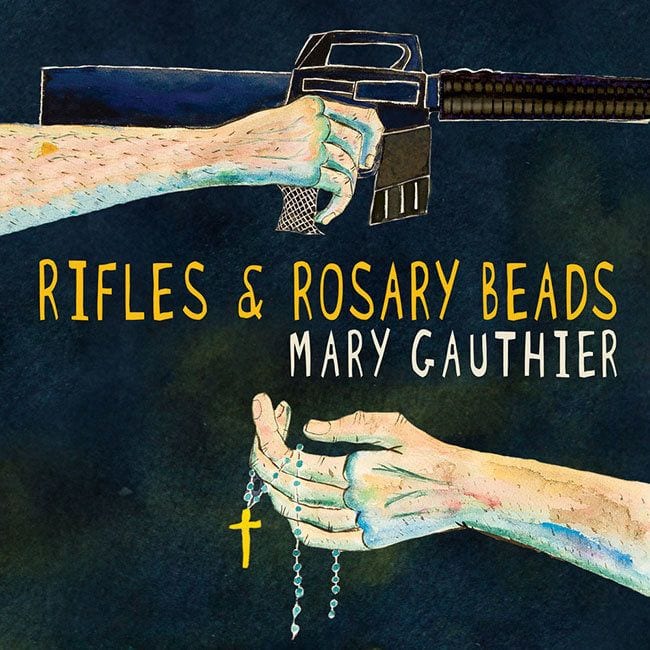
Mary Gauthier’s Rifles & Rosary Beads may be one of the most important album releases of the year. From start to finish, Rifles & Rosary Beads is a beautiful and harrowing experience telling important stories that need to be heard and pointing to still more others coming from the ongoing work being done through SongwritingWith:Soldiers. – Ed Whitelock
Ghost: Prequelle
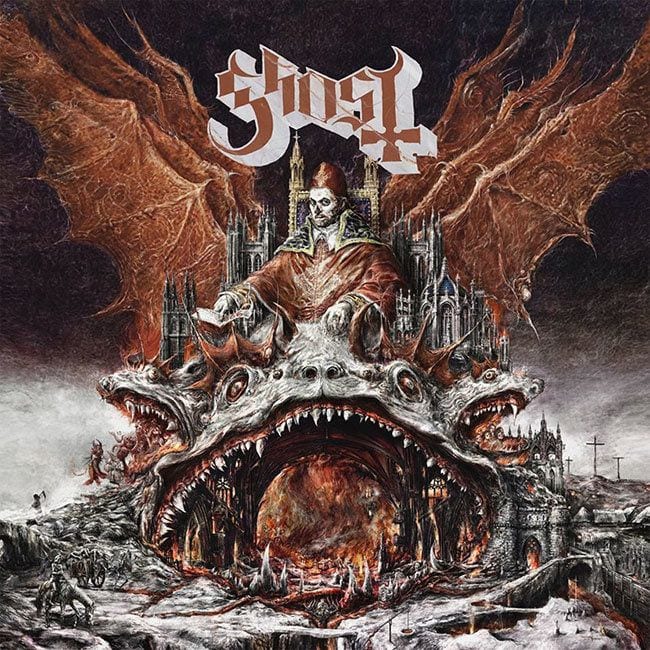
Ghost’s Prequelle is particularly special. It subverts metal clichés; it has a strong sense of history, but at the same time it searches for new ideas within that framework. Underneath the catchy melodies and snazzy artwork, Tobias Forge and his band have created one of the cleverest heavy metal records in recent memory. – Adrien Begrand
Grouper: Grid of Points
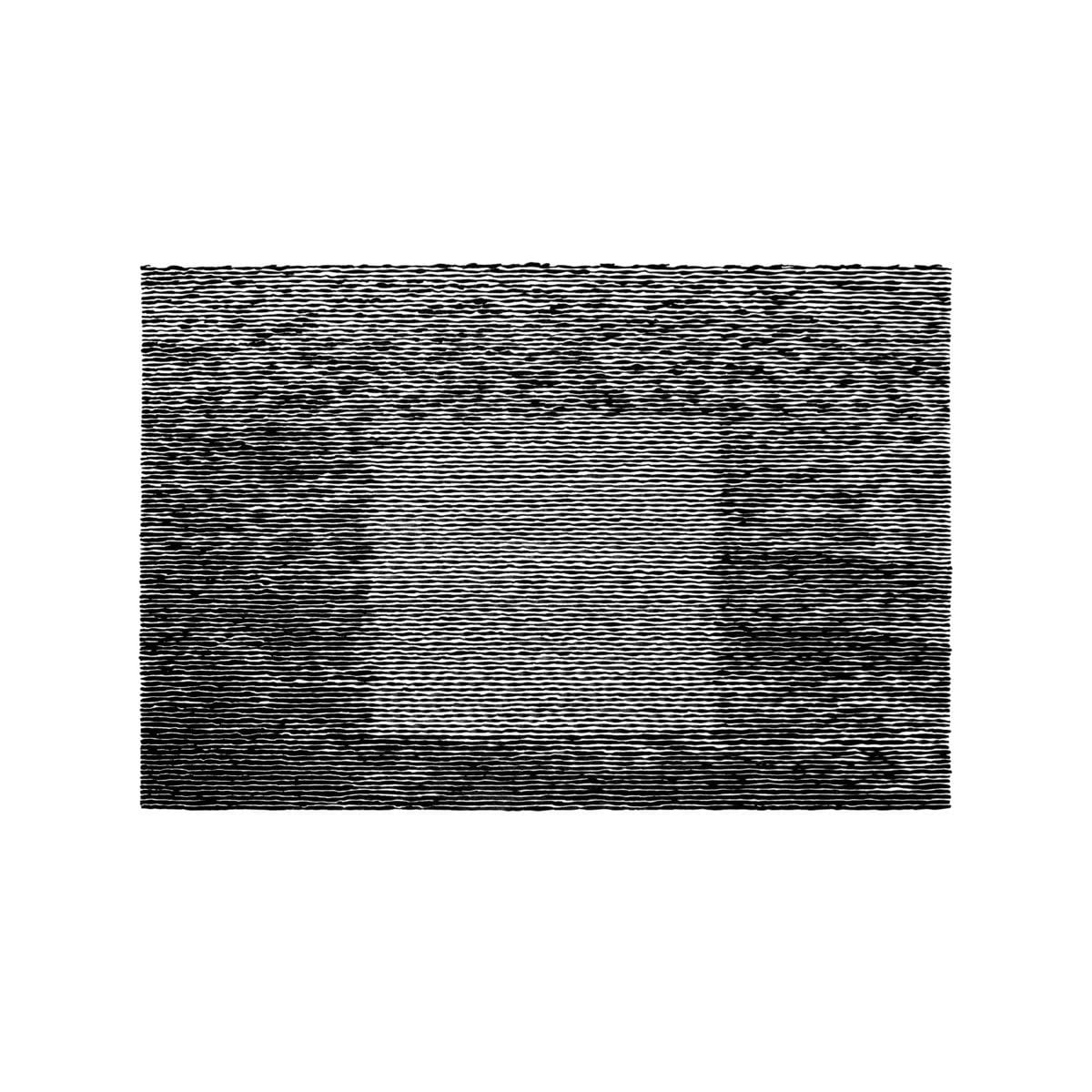
Grouper’s Grid of Points is bent toward seeing traditional songwriting forms through the process of careful decomposition. The “ruins” of the album aren’t the semiotic representations of homes and personal spaces of its predecessor, but instead fragmented versions of broader cultural comforts: piano ballads, hymnals, and lullabies, all abbreviated, compressed, or otherwise in a state of decay. Grid of Points sees human memory and emotion tied inextricably to that classical musical framework, and it captures both the wonder those forms evoke and their limitations in equal measure. – Colin Fitzgerald
Half Waif: Lavender

The emotion behind these Half Waif songs ties them together. That’s what makes Lavender stand out. There’s no way to measure how much feeling is embedded in a piece of art. It’s impossible to quantify what makes an album sound personal. However, it’s clear when it’s heard, and Half Waif certainly has it. Each track intimately explores questions both large and small about relationships, politics, nostalgia, and identity. Plunkett’s transcendent writing is the needle that threads all of it together. – Claire Greising
Hieroglyphic Being: The Red Notes
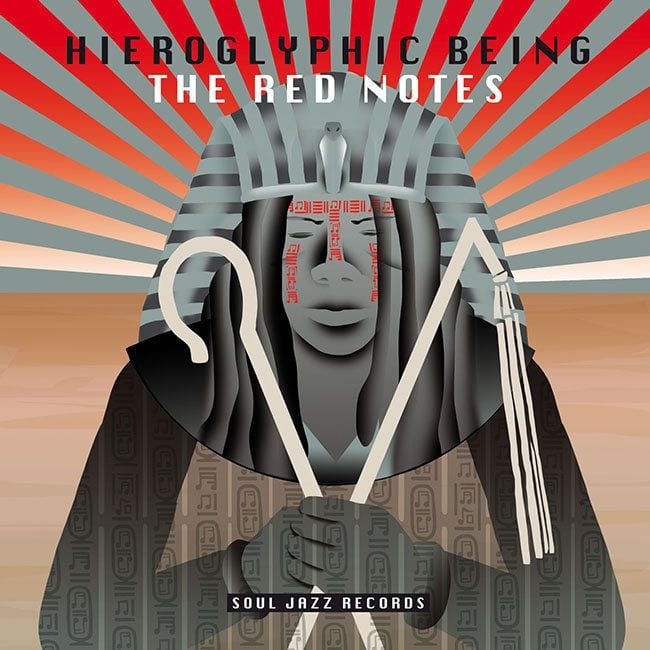
Hieroglyphic Being, aka Jamal Moss, is an artist who marches to the beat of his own drum. On this album, Moss takes his cues from jazz as he describes the album as, “an homage to the Blue Note jazz sound of Thelonious Monk, John Coltrane, and Herbie Hancock”. In effect he applies the attitude, freedom, and sounds of jazz, especially it’s liberal application of form and structure before fusing it with characteristic leftfield techno and Chicago house. – Paul Carr
Jon Hopkins: Singularity
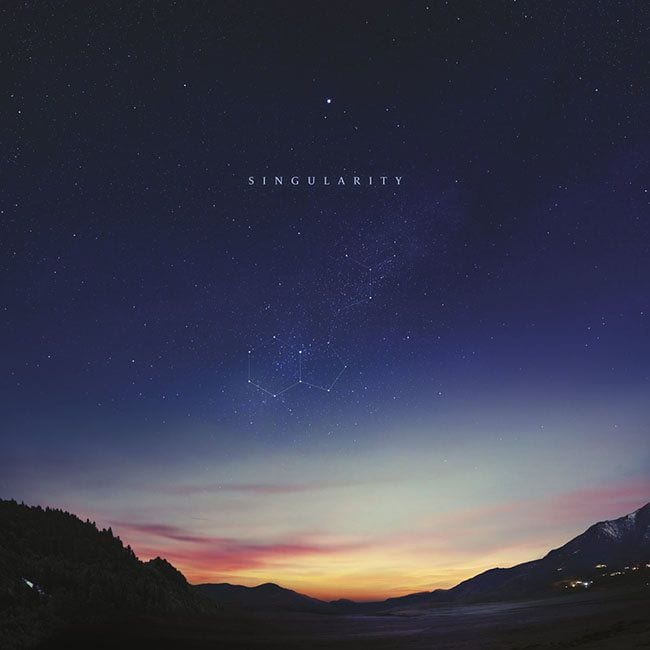
On new album Singularity, acclaimed British producer Jon Hopkins has purposely set out to, as he puts it, “follow the build, peak and release of a psychedelic experience.” As a result, Singularity is an intense, wholly immersive record that invites the listener to temporarily escape from the mundane and the repetitious and take a peek into their own subconscious. – Paul Carr
Iceage: Beyondless
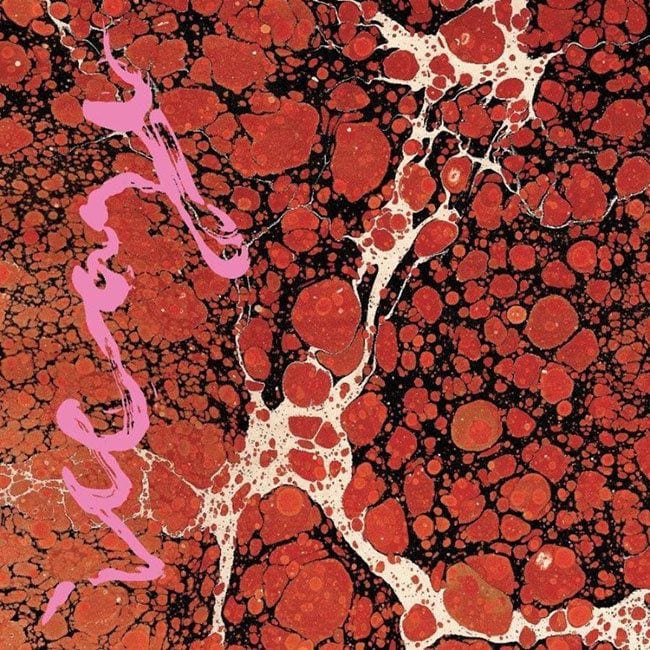
With their prior work, Iceage have proven themselves worthy rock and roll purveyors. What follows on Beyondless, are the combined senses of accomplishment and satisfaction. They’ve made a lot of music in a short period of time, a recipe that often inflicts chaos and confusion. This time, Iceage feels as if they’ve arrived and the stage is all theirs. Here’s hoping for a continued pushing of the boundaries and a challenging, yet rewarding future ahead. – Jeff Strowe
I’m With Her: See You Around

The smashing collective of Sara Watkins, Sarah Jarosz, and Aoife O’Donovan, is a beautiful cohesion of tight harmonies, acoustic brilliance, and fresh songwriting. See You Around, their first proper record, comes after a slew of EPs and singles that hinted at their promise as a trio. With 11 new originals and a cover of a previously unreleased Gillian Welch tune, See You Around is an excellent debut full-length from this stellar trio. – Andy Jurik
Jazzanova: The Pool

Each track can survive on its own in the wild. Together within one album, and it’s an unstoppable force. I don’t know how they did it — and I doubt that Jazzanova are all that confident on how they did it either — but they have made a classic with The Pool. – John Garratt
Khemmis: Desolation
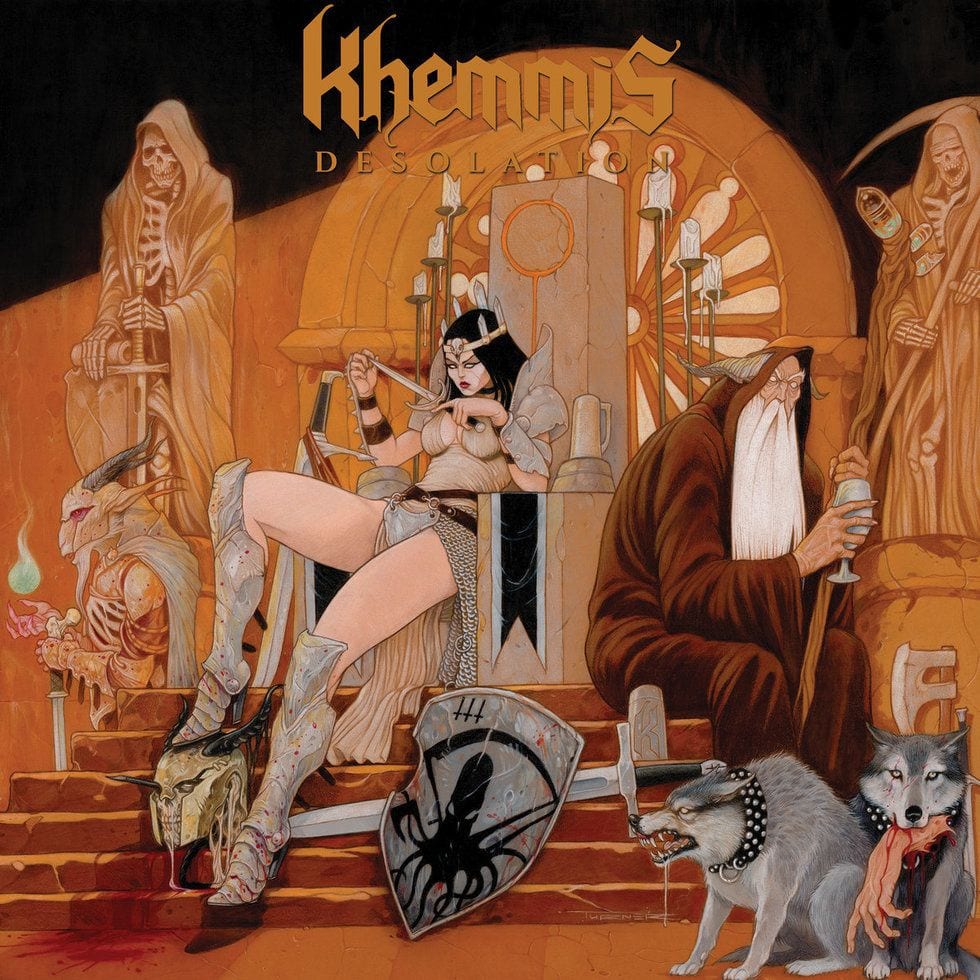
Khemmis’s new songs sound fresh and dynamic and not overly indebted to any one act in particular while also being devoid of the lulls in momentum synonymous with doom metal. With Desolation, Khemmis has now joined the heavy metal elite, and the band’s future is now brighter than ever. – Dean Brown
Kids See Ghosts: Kids See Ghosts
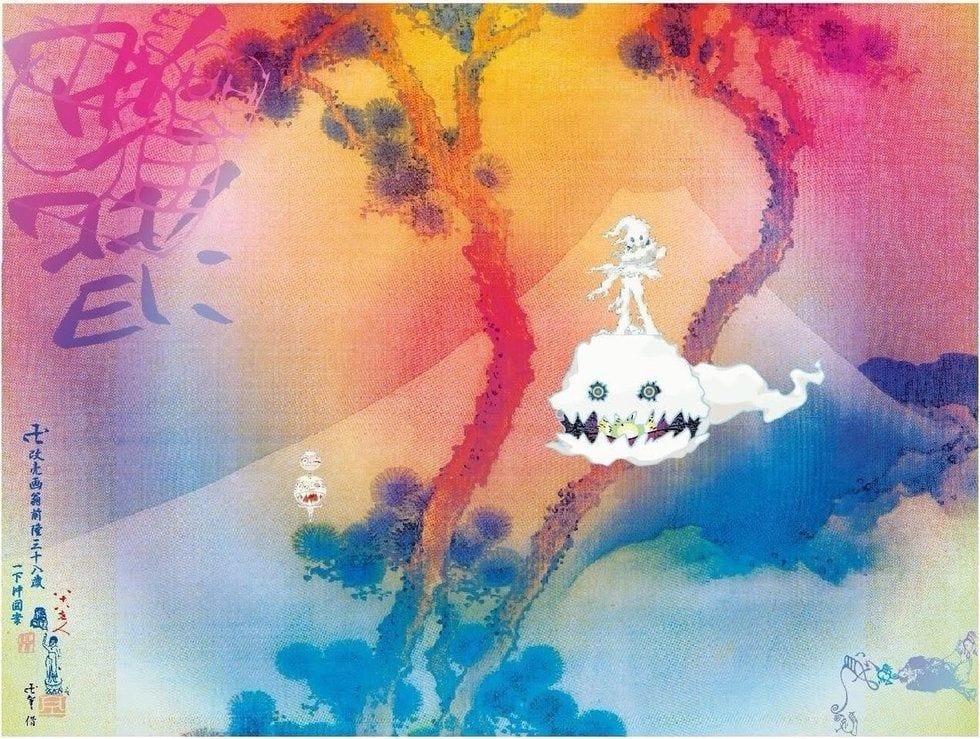
It’s been a long few years, full of more hopelessness in the news every day. But Kanye West and Kid Cudi’s Kids See Ghosts seeks to change the narrative. It offers hope; it offers an escape from the stress and anxiety imposed on society daily. Whether you agree or not with West and Cudi’s spiritual, loosely Christian, reliance on God to keep moving forward, seeking peace and salvation, the gospel message portrayed here is penetrating, much more penetrating than the majority of traditional gospel albums put out today. – Christopher Thiessen
Seun Kuti & Egypt 80: Black Times
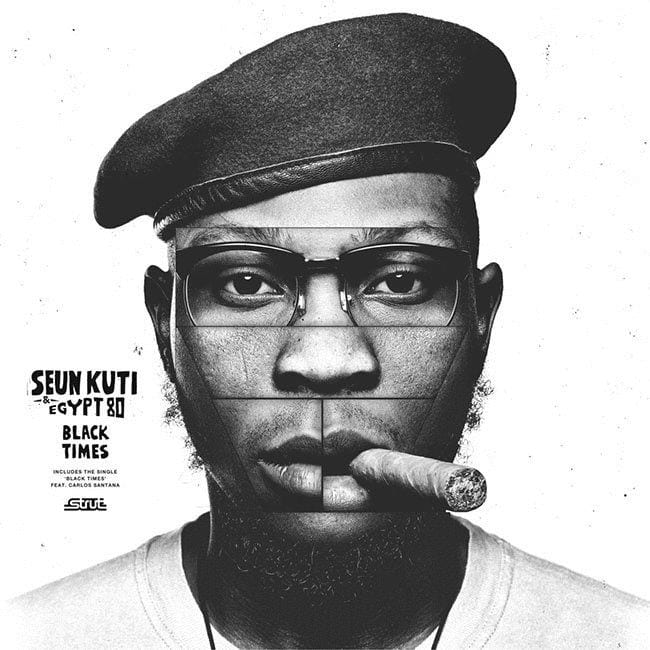
Even a brief, cursory listen of Black Times, Seun Kuti and Egypt 80’s fourth and latest album, is proof that Fela’s impassioned protests have been successfully passed on to the next generation. Co-produced by acclaimed jazz pianist Robert Glasper, Black Times is not just a funky, musically dense excursion; it’s also chock-full of pointed statements opposing the corruption so prevalent in Seun’s homeland. – Chris Ingalls
Sarah Louise: Deeper Woods
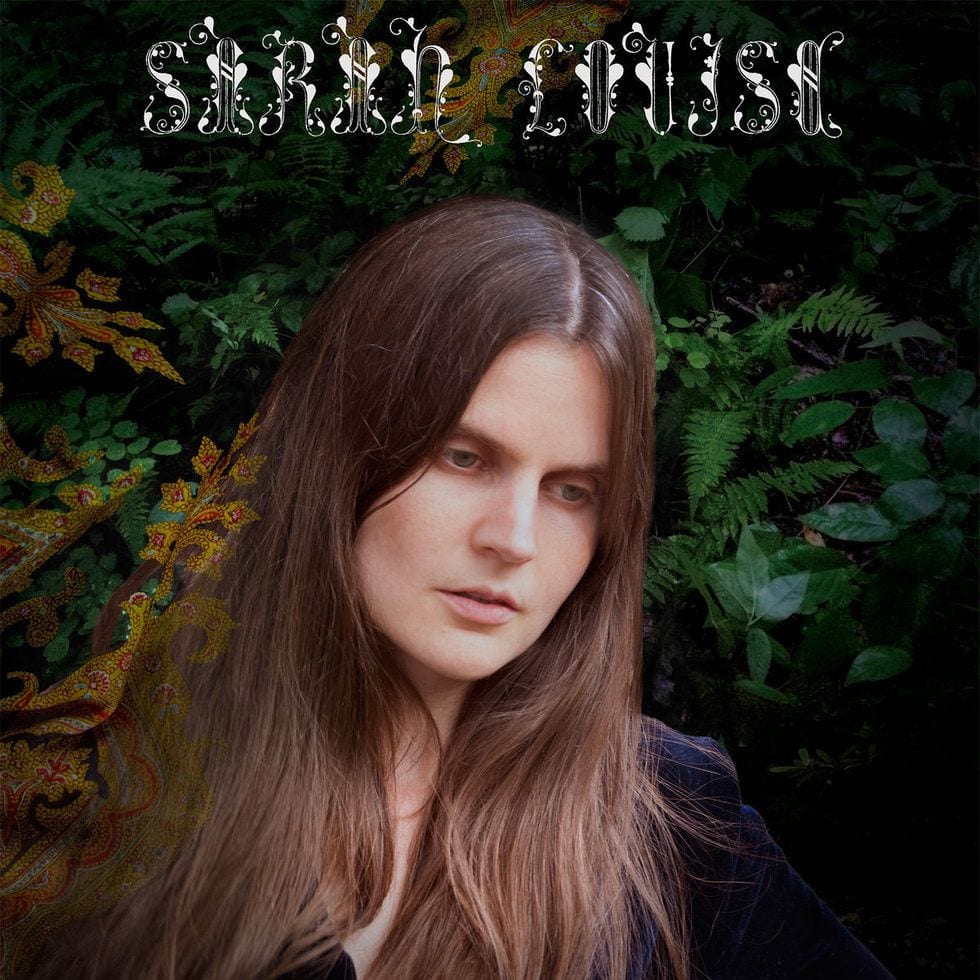
Sarah Louise Henson is one with nature. As a musician, her ethereal offerings sound as if they are endorsed both by the Sierra Club and a roving band of mystics. And maybe the ghost of Ralph Waldo Emerson. The Asheville, North Carolina area creative ups the ante on her new LP, Deeper Woods, a transcendent journey through Mother Earth’s majesty. – Michael Davis
Brad Mehldau: After Bach
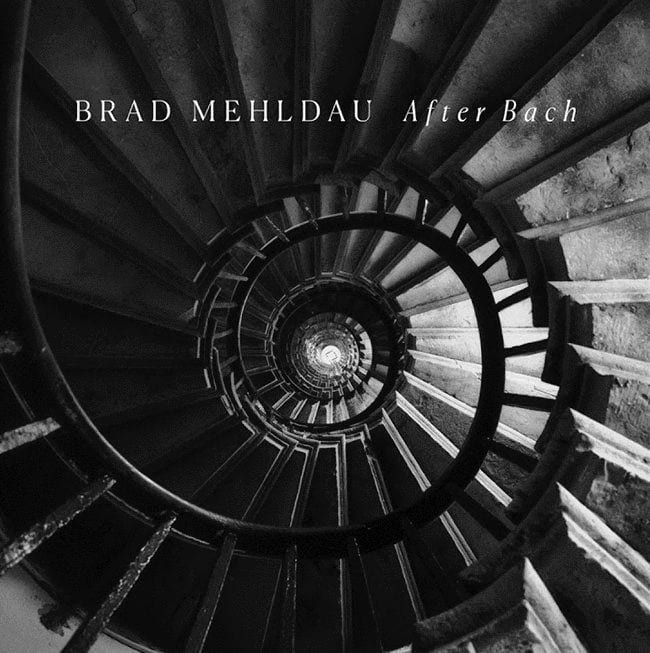
Brad Mehldau underscores his ability to make a Bach interpretation album without succumbing to the route of “jazzing it up”. That is not to diminish the accomplishments of classical-jazz hybrid pianists such as Claude Bolling and Jacques Loussier; it’s simply refreshing to hear Mehldau approach Bach’s music with such a unique, uncompromising take. We share our turbulent world with Brad Mehldau, and while his work may not explain the turbulence, it goes a long way in helping to stave it off. – Chris Ingalls
Migos: Culture II
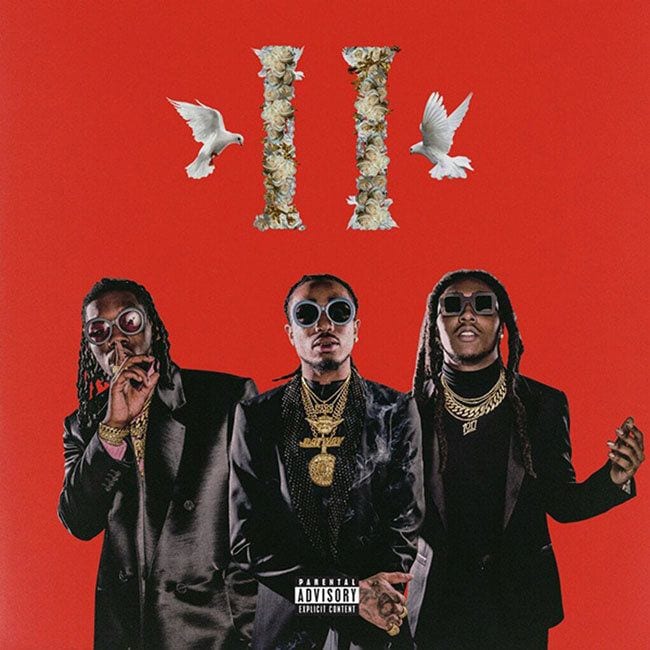
To complain about Culture II‘s length is almost to miss its point of being. Last year Migos put themselves forth as the kings of hip-hop culture; representing it, caring about it, living it. On Culture II they’re trying to take their ownership of that crown to the next level – expanding the Migos sound outward until it’s taken over everything. This is their next imperial push, an amorphous one not based on innovation but sheer growth. – Dave Heaton
Tom Misch: Geography
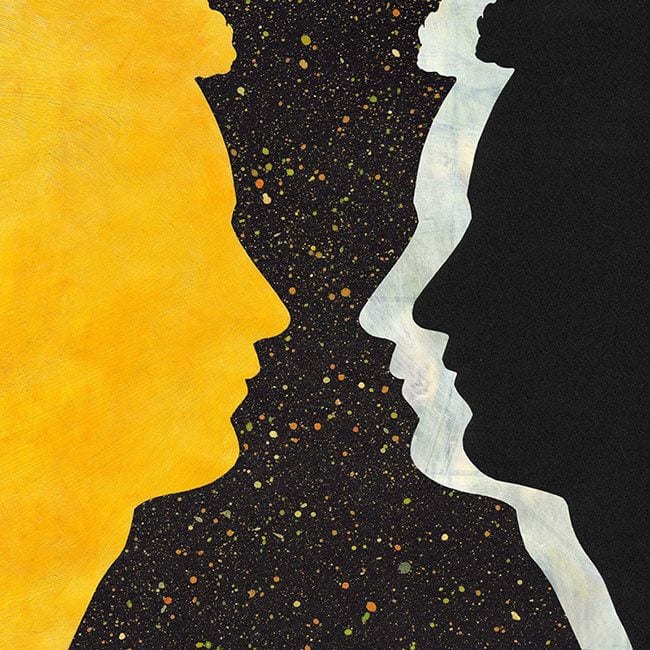
Geography feels like the start of something. It’s not necessarily going to break big, at least not yet; there’s no big pop single here, there’s very little crossover potential. Nothing here is going to become ubiquitous. Even so, you can see it coming for Misch, maybe an album or two down the road. Misch has too much talent and too much charisma to stay bottled up for long. Don’t you want to be able to say you knew him when? – Mike Schiller
Kacey Musgraves: Golden Hour
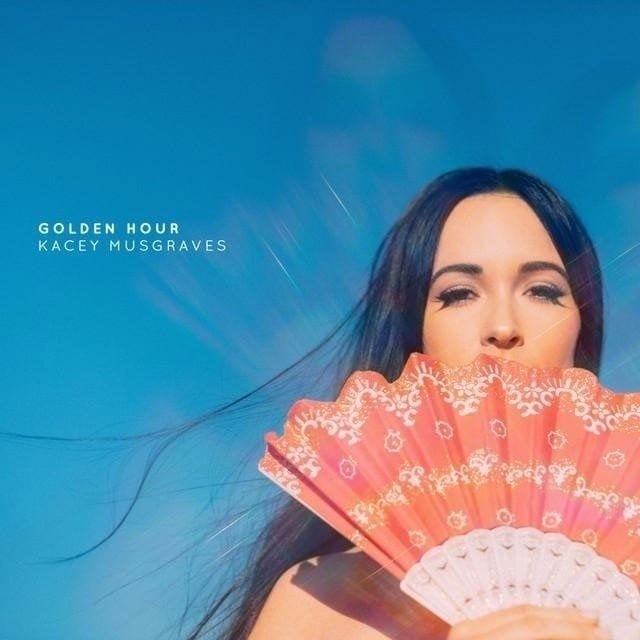
Kacey Musgraves is going to have a tremendous and meaningful year. On tour throughout the summer and opening for Harry Styles, Musgraves will have the chance to peddle her sound and gain new fans. Musgraves’ veracity, which endeared fans to her previous albums, will certainly draw them back to Golden Hour. She centers Golden Hour on her individuality and creates a radical musical landscape. – Elisabeth Woronzoff
William Parker: Voices Fall from the Sky
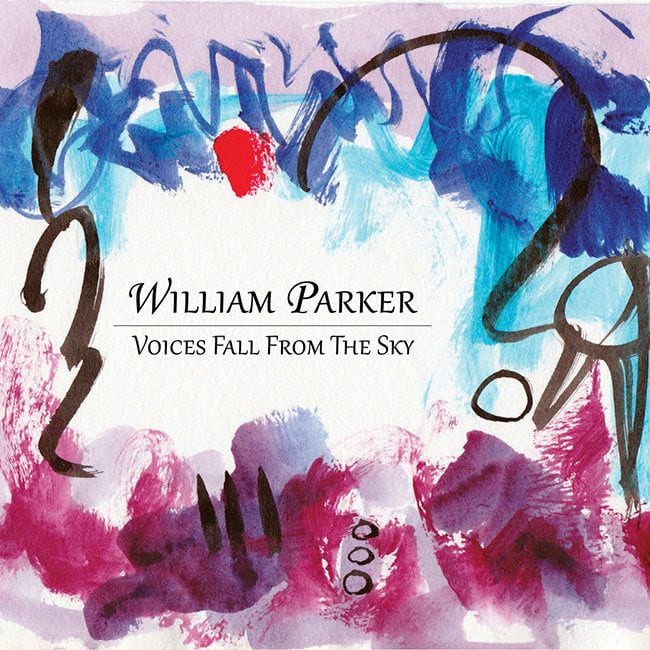
In a career full of lofty goals and incredible highs, William Parker has once again sculpted an album that will stand apart from the pack through beauty alone. Once you take into account Parker’s ambitiousness and his strong sense of social obligation, Voices Fall from the Sky rests on even sturdier ground. This is an album to take with you into the next lifetime. – John Garratt
Rival Consoles: Persona
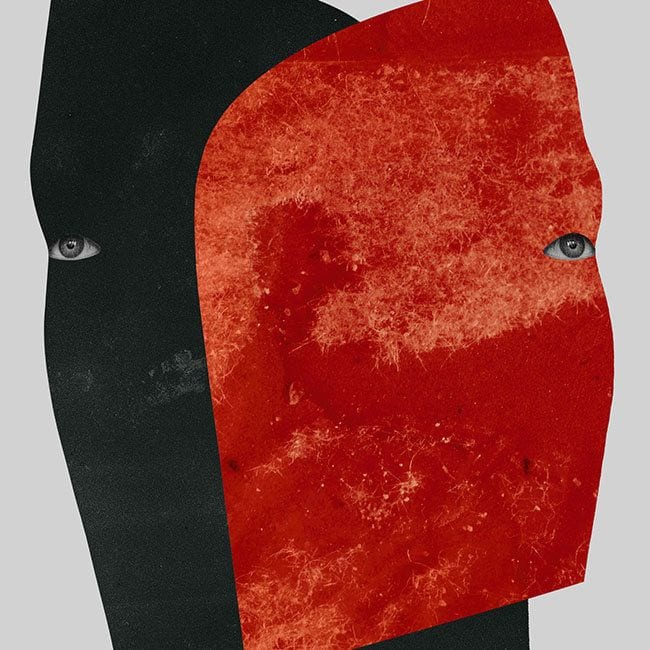
Persona explores the places in between. The grey areas. The void between calm and chaos, light and dark and fixed and broken all framed around this exploration of the inner and outer persona. While based on an intellectual and relatively highbrow concept, musically Persona is Rival Consoles’ most engaging and diverse album to date as he broadens his sonic palette to an extent that he hasn’t before. It’s bold, it’s diverse, it’s brilliant. – Paul Carr
Jeff Rosenstock: POST-
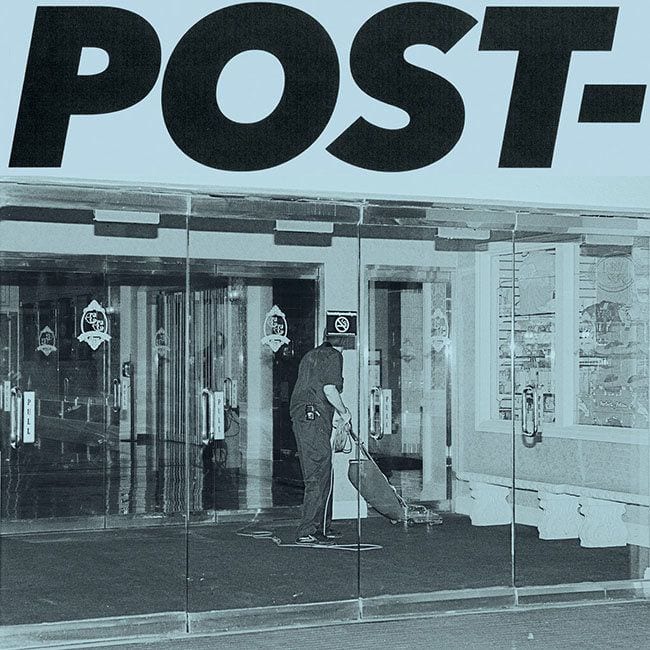
On POST-, Rosenstock is disillusioned with the America he thought he knew. The album is a frustrating, yet important, journey into American society to be sure, but its eventual optimism makes it worth remembering in the current soundtrack of our country trying to make a change. – Christopher Thiessen
Saba: CARE FOR ME
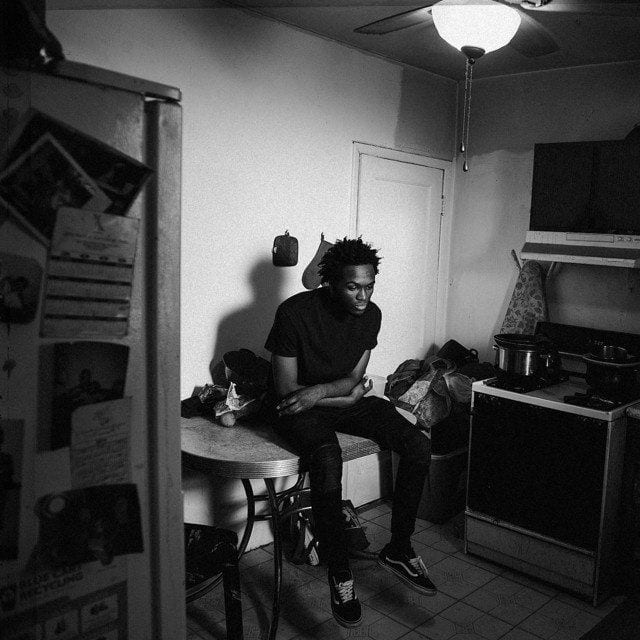
The all-caps lettering here signifies an urgency, an SOS, as Saba sends a cry for help and attention not only for himself but for his beloved city of Chicago which desperately needs a reprieve from the pain it has experienced. Although delivered as a plea, Saba’s message is necessarily uplifting and therapeutic. Though everything is grey, bleak, dull around him, a care for himself and for his neighbors brings a clarity and vibrancy enough to enjoy the present and fight for a better future. – Chris Thiessen
serpentwithfeet: soil
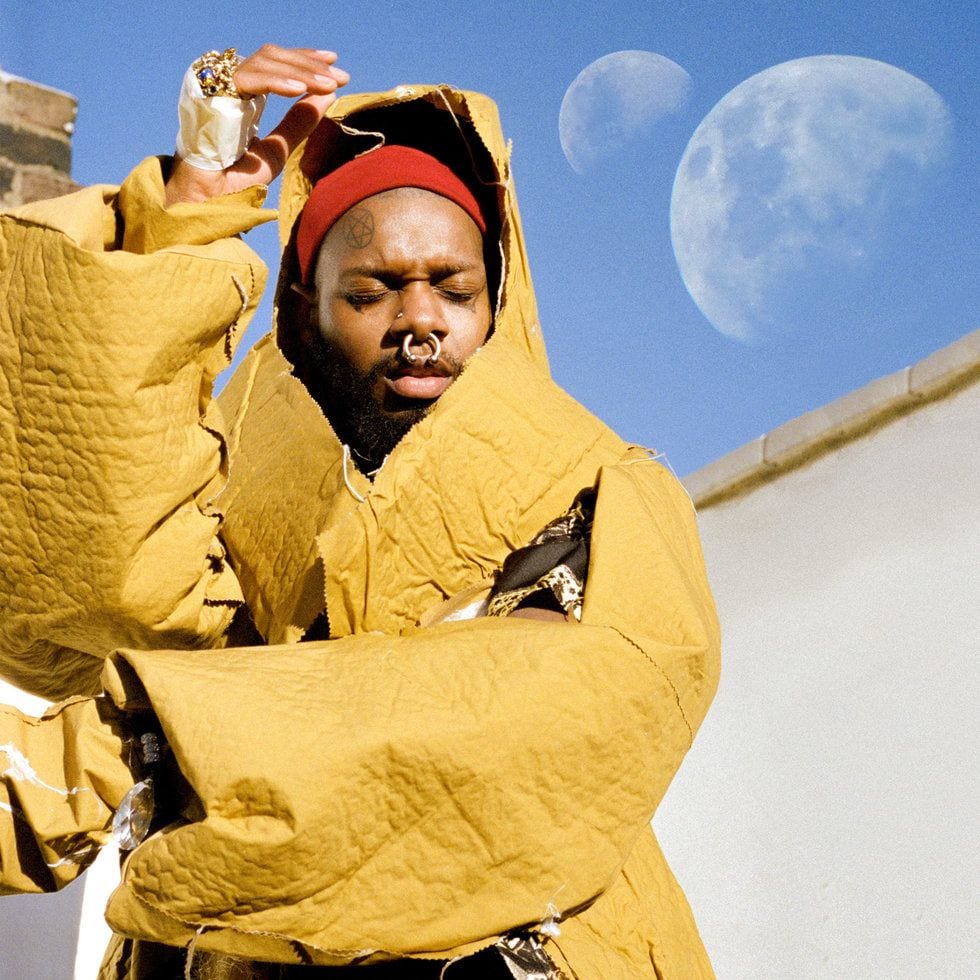
The album is a visionary statement of arrival, a potent and singular masterpiece that exposes the deepest chambers of a fiercely beating heart with a singular purity of focus. It’s a mesmerizing journey of self-actualization in an era when constant connection makes that all the more difficult. After soil, serpentwithfeet’s reach seems infinite. – Colin Fitzgerald
Sarah Shook and the Disarmers: Years
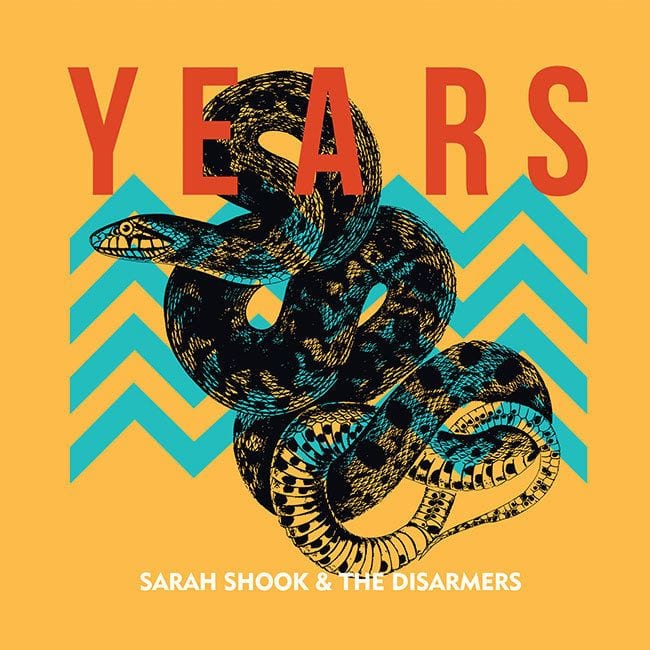
Sarah Shook sings from the perspective of a problem child of the highest caliber: impulsive, unapologetic, and impassioned. The songs she sings and the music she makes with her band the Disarmers on their latest record Years is the kind of stuff that defies a calendar. Could be 1962, could be 1974; that it’s 2018 only makes these songs sound more ageless. – Ed Whitelock
Jorja Smith: Lost & Found

This is not a first album that sounds like a first album; it is a first album that sounds like it came from an artist who has been doing this for years and years, an artist who already has award shows and headlining tours in her rear view mirror. The construction of the album, not to mention the individual songs, is infused with patience and care. – Mike Schiller
Tangents: New Bodies
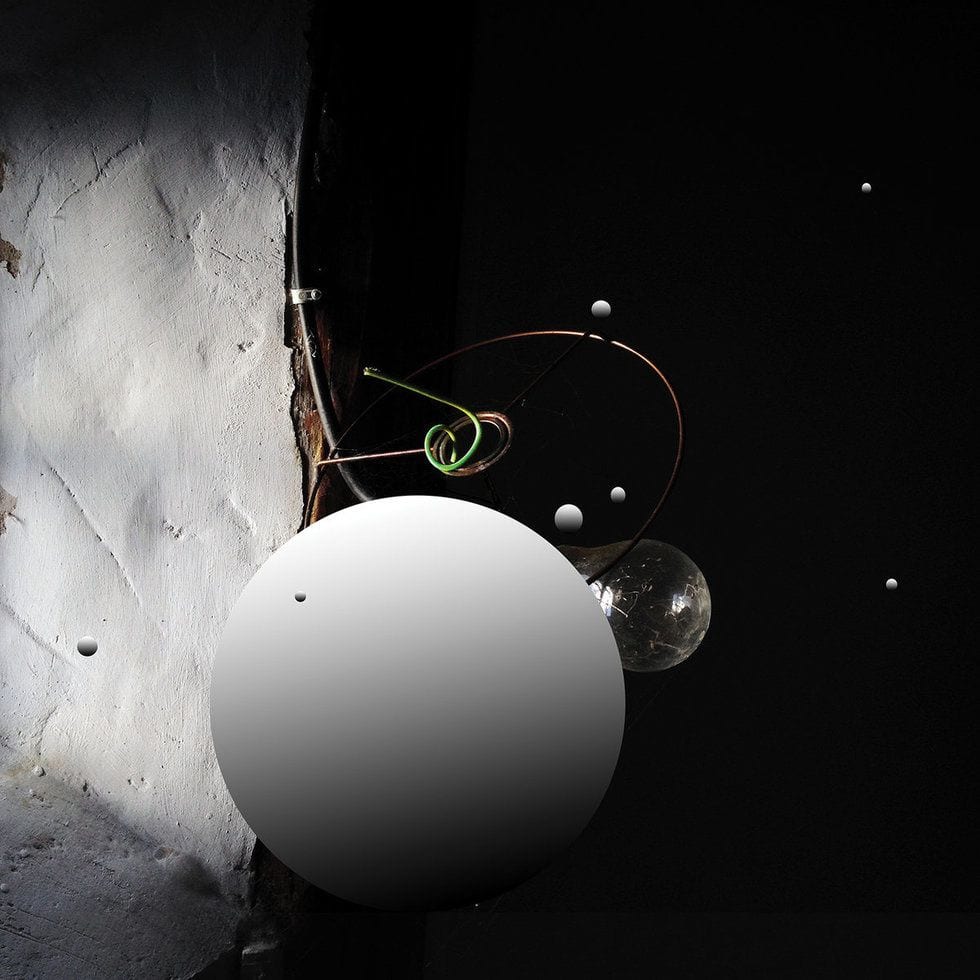
It isn’t all that much of a stretch to say that New Bodies is unlike any other record you’ll hear this year, or even any other record the band themselves will create again, yet Tangents make catching the equivalent of an entire jar full of fireflies sound like second nature. – Ian King
U.S. Girls: A Poem Unlimited

U.S. Girls’ latest release, In a Poem Unlimited, reveals a dark sense of humor about living in the modern world. Meghan Remy’s songs show that she listens to the sinister voices that live inside of us; the ones that form our identities as reactions to the horrors to the world outside. That doesn’t mean she’s not having fun. The album is full of sly lines and references to the absurd. – Steve Horowitz
Leon Vynehall: Nothing Is Still
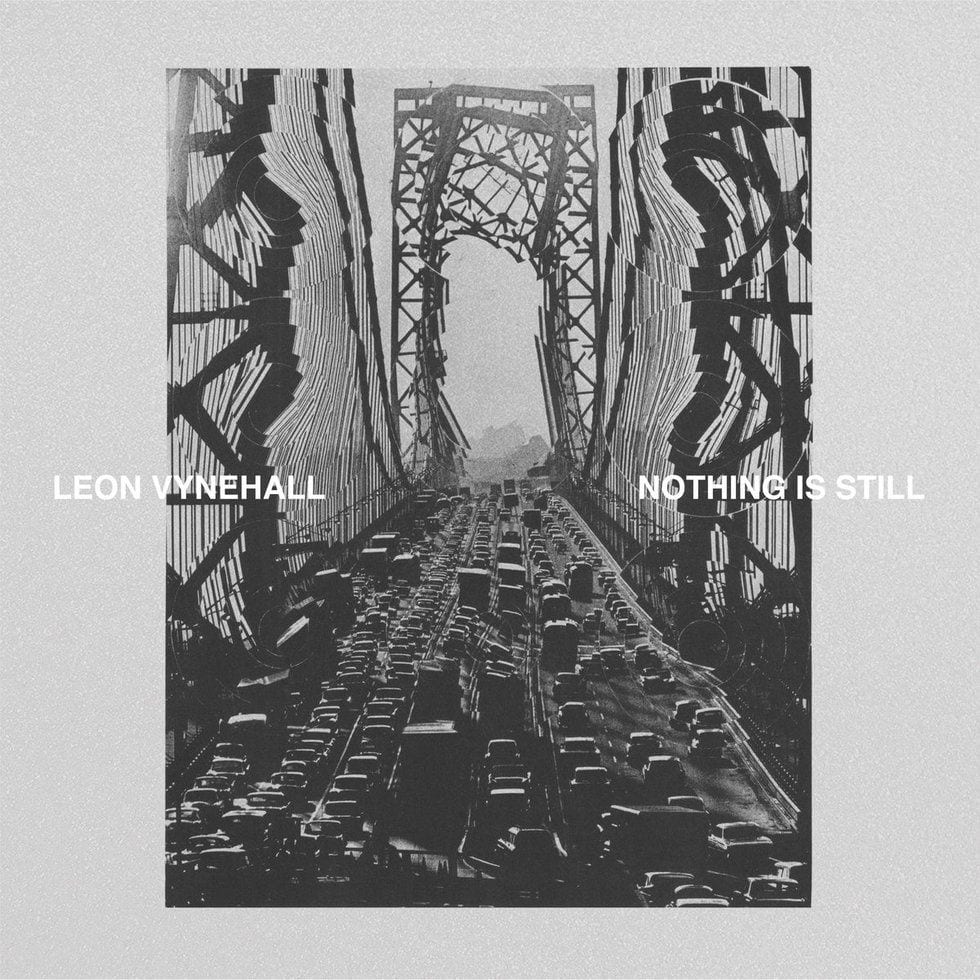
Leon Vynehall has woven a rich tapestry of complimentary sounds that serves a purpose far bigger than the music itself. It’s an artistic piece in the truest sense that works best as a singular whole, inviting the listener to take the time to clock off for its duration and immerse themselves fully. – Paul Carr
Kamasi Washington: Heaven and Earth
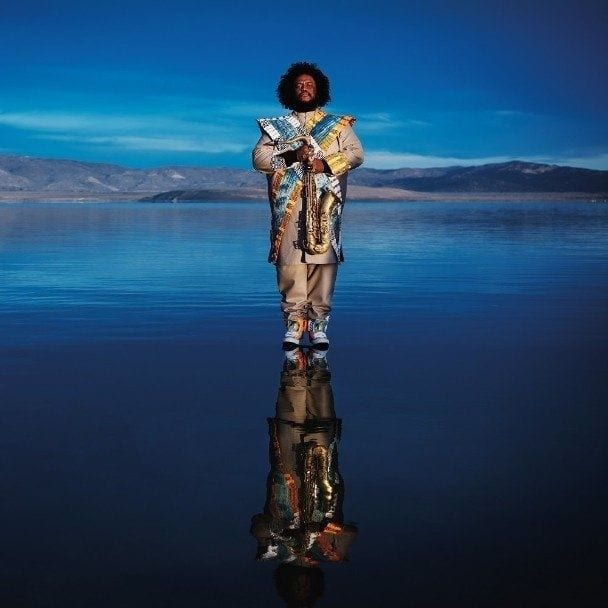
Heaven and Earth is a lengthy album, and one that refuses to shortchange the listener. There is a wealth of ideas on the table here. It takes a musician, composer, and arranger of Washington’s caliber to take these ideas and form them into a brilliant collection of performances. Kamasi Washington is jazz music’s brightest light – may he continue to burn for a long, long time. – Chris Ingalls
YoshimiO, Susie Ibarra, and Robert Aiki Aubrey Lowe: Flower of Sulphur
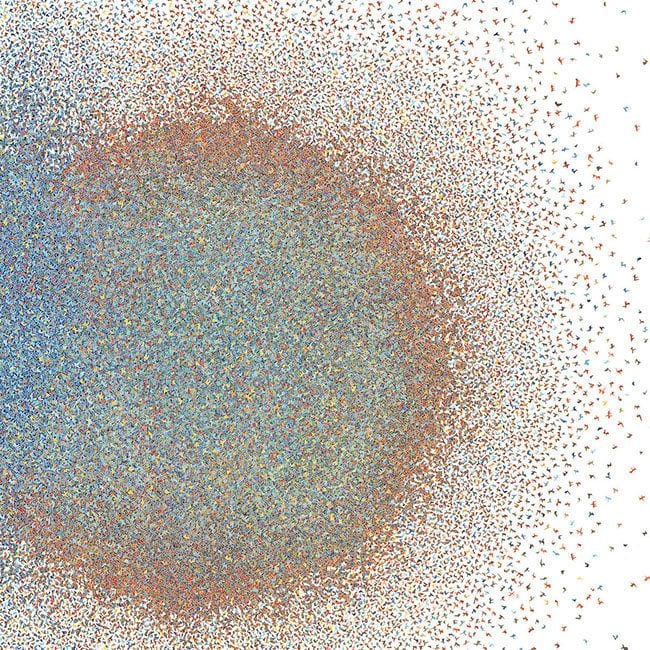
Flower of Sulphur is an hour-long exploration of time and space. The record is a testament to the free spirit approach that all three members share regarding music, its characteristics, its progression and its core values. Music for these three individuals is not necessarily a string of notes, placed the one after the other neatly to evoke a sense of melody, but something much more complicated, something primal and yet majestic. – Spyros Stasis
Young Fathers: Cocoa Sugar
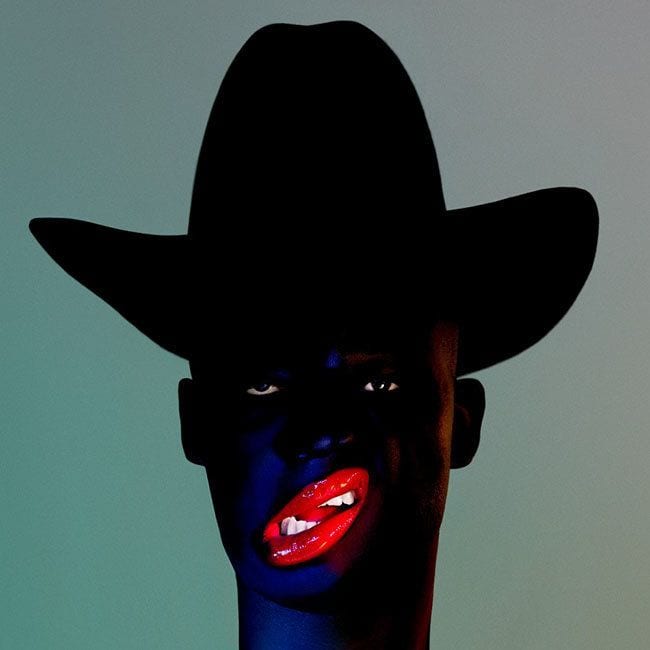
At times consciously oblique, Young Fathers’ Cocoa Sugar is an album that retains an enigmatic quality. Provocative when it needs to be, it steers well clear of addressing current world issues explicitly. It doesn’t try to answer the difficult questions; rather it invites the listener to delve into their minds to find out the answers for themselves. As a result, this is an album that will resonate in five, ten, 15 years times – and they did it on their terms. – Paul Carr
As we head into a brief summer publication break to enjoy the summer sun for a few days, it’s the perfect time to take stock of the year in music so far. 2018 is shaping up to be a year of ground-breaking, cross-genre pollination, much of it underpinned by a keen awareness and aversion to rising racism, xenophobia, and populism. These are 50 albums that cut across the musical landscape, highlighting the impressive diversity of great music in 2018.

